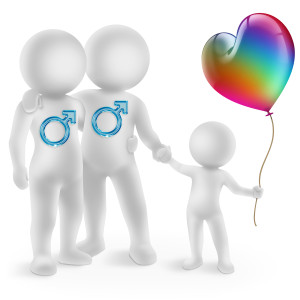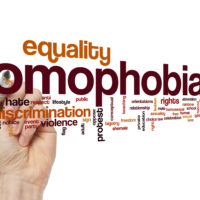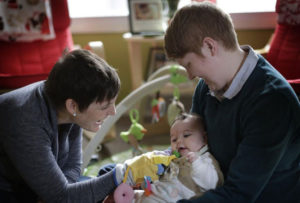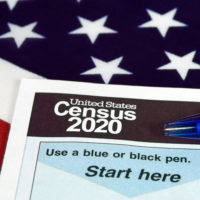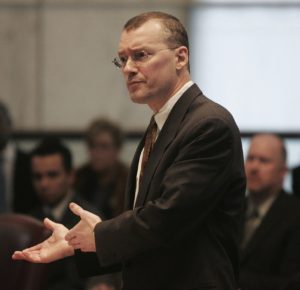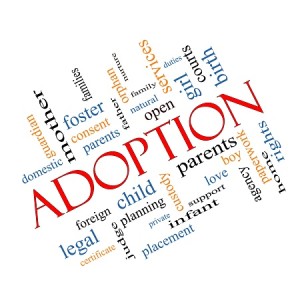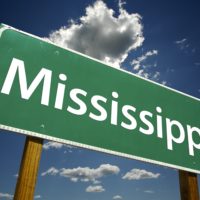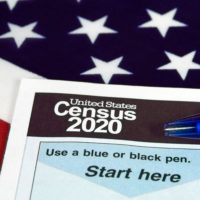
LGBTQ advocates say the 2020 census change is “a step in the right direction”
The U.S. Census Bureau recently submitted to Congress its planned questions for the 2020 census, and for the first time ever, the decennial survey is expected to allow respondents to specify that they are part of a same-sex couple.
“As our population and communities change, so do their needs,” a Census Bureau spokesperson told NBC News via email. “To better collect more detailed data about types of coupled households, the Census Bureau expanded the single response option of ‘husband or wife’ or ‘unmarried partner’ to the two response options of ‘opposite-sex husband/wife/spouse’ and ‘same-sex husband/wife/spouse,’ and ‘opposite-sex unmarried partner’ and ‘same-sex unmarried partner.’”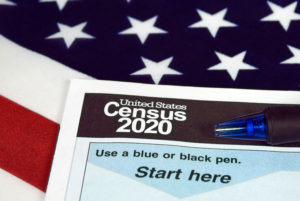
The spokesperson said the landmark 2015 Supreme Court decision Obergefell v. Hodges, which legalized same-sex marriage across the U.S., “furthered the need” to revise the survey to include same-sex couples.
“Step in the right direction”
The expansion of the relationship question is “a step in the right direction,” according to Meghan Maury, policy director at the National LGBTQ Task Force and a member of the Census Bureau’s National Advisory Committee on Racial, Ethnic and Other Populations, but “nowhere near what we’d love to have one day.”
Maury’s organization is among a number of advocacy groups, lawmakers and federal agencies that have been calling on the Census Bureau to include questions about sexual orientation and gender identity on the 2020 census. But while the survey will include same-sex couples, the Census Bureau announced last March it found “no federal data need” to ask individuals about their sexual orientation and gender identity.
While Maury expressed disappointment in the bureau’s decision not to ask individuals about their LGBTQ status, she said the revised relationship question will help “capture more nuanced data with a much lower error rate” regarding gay families.
In prior census surveys, researchers have counted same-sex couples by cross-referencing answers from the relationship question with the respondent’s gender, according to D’Vera Cohn, senior writer at Pew Research Center. However, she said analysts found some people would accidentally mismark the gender box, leading to an over reporting of same-sex couples.
Why the census matters
Census information is used to help allocate more than $400 billion in federal funding each year on everything from infrastructure to job training services, according to the Census Bureau’s website.
“Many people — policy-makers, businesses, the public — use our information to make far-reaching decisions. Our role is to give them timely, accurate, trustworthy information to make those decisions,” the Census Bureau spokesperson explained.”
The relationship data the decennial census collects can be used in a number of ways, the spokesperson added. This includes planning and funding government programs that provide services for families, ensuring available housing in a community meets the needs of residents and exploring whether existing programs are making a difference for families.
Cohn said the change to the relationship question will help to reduce errors in reporting, but she said it will not be able to accurately count the number of lesbian, gay, bisexual and transgender individuals in the U.S.
“This is not the universe of LGBT or even L and G,” she said. “Only people who are couples, and for that matter, couples in the same household, are counted.”
wsls.com, April 25, 2018
Click here to read the entire article.
The post In a first, 2020 census to count same-sex couples appeared first on Time For Families.
Source: Time for Families

